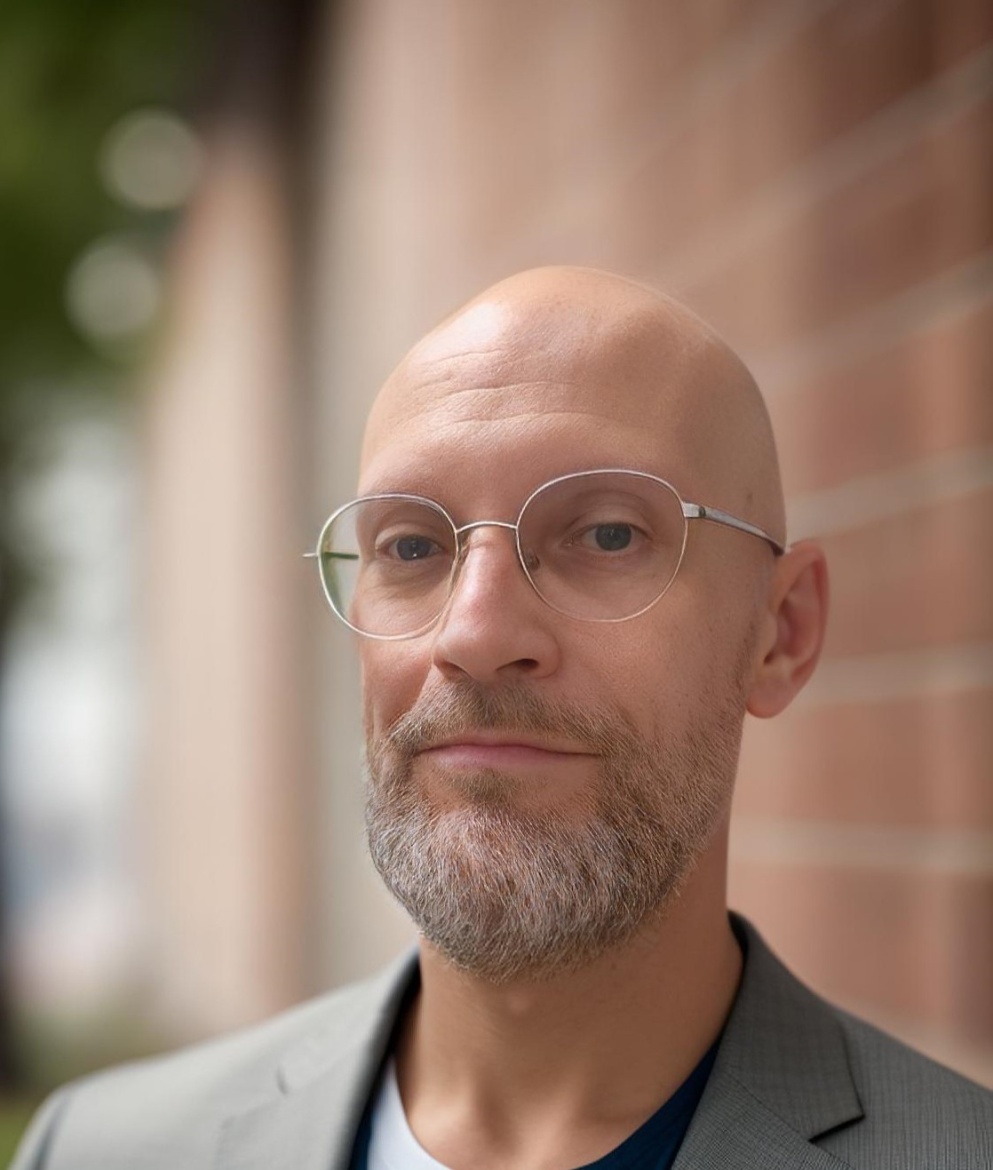Many fear that the ongoing reforms of the National Health Service (NHS) by the last two administrations are an attempt to 'privatise' the health service by stealth. (1) These anxieties, from both left-wing media and health professional bodies, stem from a concern that subcontracting out services to 'for profit' companies risks diluting or even destroying the NHS ethos of free care at the point of delivery to all according to need rather than ability to pay. (2)These voices argue that the profit motive leads to cut corners and compromises that do not benefit patients.
On the right, the concern is a growing bill for providing services in comparison to a new, more cost-efficient health service, with less bureaucracy. Market competition is far more efficient than state control, they argue, and will lead to a better service without compromising care. Furthermore, they maintain, patients should have the right to choose between providers and not just accept the services they are given.
Both sides are right and wrong: right in their diagnosis, wrong in their prescription.
The state has an important role in coordinating and distributing essential services and resources, responding to and identifying needs at a macro level, through policy and infrastructure. But central planning is a blunt instrument and does not easily allow for innovation and creativity. It can fail to respond to the difference in needs and circumstances at a local level. But adaptability and responsiveness are at the heart of the way the private and voluntary sector operate.
Markets are effective media for products we buy and sell; they ensure the price reflects the need for the product and the cost of its production and create incentives for innovation and adaptability. Health, however, is not a commodity - it is a fundamental aspect of human existence. The provision of health and social care is an act of social solidarity that says all human lives and the quality of those lives matter. However it is paid for, healthcare should be universally accessible and available to all as a common good; this is being increasingly accepted as the global baseline for which all nations should be aiming. (3)
There are other issues with the left/right approaches to healthcare. The German sociologist Ferdinand Tönnies pointed out that in pre-Enlightenment Europe mutual social solidarity was provided by the church, as a local, national and a supra national network and institution. (4) Societies looked after those in need in their community through a variety of institutions and networks, many founded in the church. (5) In many parts of this country, the church still fulfils this role. (6) After the tragedy of Grenfell Tower in 2017, local churches were the first responders after the emergency services. (7)
Whether we consider Alexandria in the sixth century (8) or Geneva in the sixteenth, (9) we can see strong examples of the church acting as a social support network, often in cooperation with the state.
Post Enlightenment, there was a move towards more secular networks and institutions to take up this role. This led to a shift from what Tönnies termed Gemeinschaft (community, mutuality, social responsibility, loyalty, friendship and love) towards Gesellschaft (a group of individuals bound together by utilitarian interests and necessity). (10) The profit motive in Gesellschaft removed the sense of mutual care, responsibility and social solidarity. In healthcare, career and profit became more central. The sense of vocation or calling to health or social care was diminished. (11)
Socialist and free market systems are both equally guilty of promoting Gesellschaft at the expense of Gemeinschaft. The barren nature of Soviet era healthcare in Eastern Europe showed this at its most stark - universal, technically competent (for the most part) but reducing people to machines to be fixed and put back to work. It ignored the complexity of the human beings it patched up, dismissing their hinterlands of faith, family, work and community.
The free market approach to healthcare in some Western nations displays a similar, bleak utilitarianism that ignores the social and spiritual nature of human beings. Left-wing utilitarianism and right-wing consumerism both fail the patient and diminish their humanity.
Is there another approach that bridges the gap between social solidarity and profit?
The NHS seems to hold these two ideas in tension with a measure of success. It maintains an ethos of service and social solidarity while operating a modern, professional pay and career structure. For many, the NHS is more than an employer; it is something they believe and value as good in itself, whatever its shortfalls.
Many social reformers of the 19th and 20th centuries including the father of the NHS, Aneurin Bevan saw the need for an ethos of service and solidarity tied to well-run, professional institutions. That most of these (with the exception of Bevan) were Christians should not surprise us!
Biblical roots are found in injunctions to serve the poor (12) and to set aside administrators and organisers for this purpose. (13) At the heart of this approach is to serve Christ (14) - whether tending the sick, organising the cleaning rota or creating a medical education programme. All work is God's work, and is to be done to the best of our ability.
In Manchester, health and social care budgets are being combined and commissioned jointly in a trial known as DevoManc. (15)
Community Interest Company (or CIC), Hope Citadel (16) was started by a medical student on an Oldham council estate who saw the lack of local GP services in her community. She challenged the local commissioning group about this. They got her to set up a practice to address the needs. The model of whole person care that the practice developed (drawn strongly from a Christian world view) involved working with local churches, community groups and others to address the social and healthcare needs of the people on the estate. It was so effective that Hope Citadel is now managing nine practices across Greater Manchester, specialising in providing health in areas of social deprivation.
This is one example of how a private company can be moved, not by profit, but by the ethos of care and compassion. It shows how small bodies can innovate in a way that larger organisations can sometimes struggle to do.
There are many innovations out there (17) that need to be part of the thinking behind health service reform. That many of these are faith-based should come as no surprise. (18) The church has owned the ethos of social solidarity since it began two thousand years ago; it is the natural outworking of the gospel. (19)
We need to move beyond the old ideas of the traditional left and right when it comes to healthcare. The church and Christian organisations have a huge role to play; it is one they are already playing! As the government decides what to do with its troubled kingdom of health and social services, it would do well to talk to those in the community who are re-imagining health and social care, in service of a much greater kingdom.
Steve Fouch is CMF Head of Communications
































